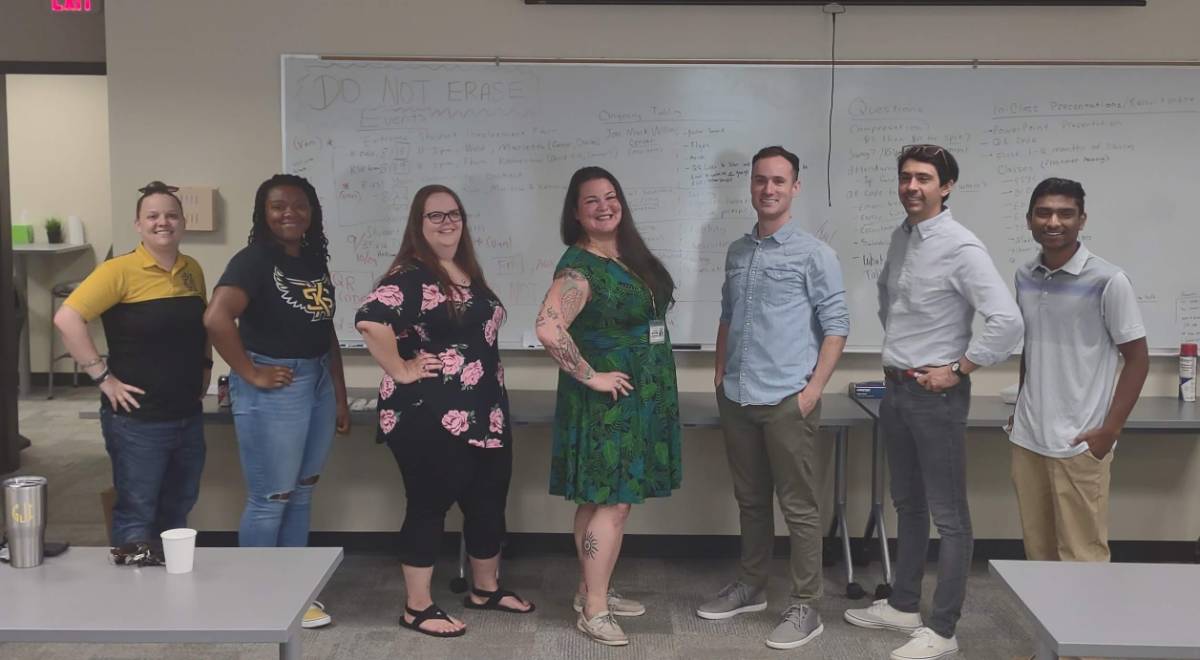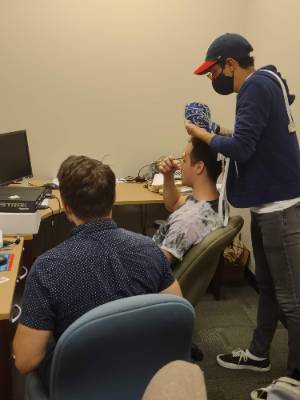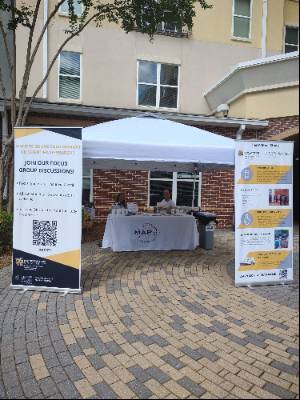Research

Dr. Erica Holliday founded the Neurobioligical Examination of Addiction, Recovery, and Related Disorders (NEARRD) lab in Spring of 2021 to investigate risk and protective factors in the etiology of substance use disorders (SUDs) and the biopsychosocial mechanisms of recovery processes. She brings over 12 years of interdisciplinary experience in behavioral neuroscience methodology to build translational approaches to SUD and recovery research teams at Kennesaw State University. In 2022 she developed and designed the first wet lab dedicated to the Department of Psychological Science and in 2023 began the first rodent studies at Kennesaw State University including designing and developing our first Behavioral Neuroscience Suite!
I currently have three main lines of research:
1) Assessing Stigma and Belonginess in Programming Curriculum for Men and Women Enrolled in Residential Treatment. We work with the Extension, located in Cobb County, to conduct an assessment of programming outcomes to better tailor the needs and decrease attrition. We conduct clinical interviews, thematic coding, and survey data to conduct assessment.
2) Biomarkers in Executive Function and Addiction Risk. We probe executive function with validated cognitive tasks examining working memory, impulsivity, and cognitive flexibility. In addition, we are examining the role of genetic variants by looking for single-nucleotide polymorphisms (SNPs) in the BDNF and COMT gene. Our collaborators, Dr. Sharon Pearcey and Dr. Cody Mashburn are recognized leaders in undergraduate mentoring.
3) Interactions of THC and Maternal Stress on Dam and Offspring Biological and Behavioral Outcomes. We use rodent models to examine these interactions to discover better therepeutic targets or areas for interventions in clinical populations. A combination of electrophysiology, immunohistochemistry, western blotting, and behavior allows us to deeply explore the long-term outcomes of perinatal THC exposure and early life adversity in both dams and offspring. This work is supported by the Dean's Office in RCHSS and conducted in collaboration with Dr. Vishnu Supparamaniam, Associate Dean of Research in College of Science and Math.
We are always seeking highly motivated and self-starting students to join our team! Currently the NEAARRD Lab has 2 Graduate Research Assistants and 8 Undergraduate Research Assistants that work on collaborative research projects focused on
- Interactions of childhood trauma and perceived stress on executive function and the risk for substance use initiation
- Individual differences in executive function that support long-term recovery
- Identification of SUD recovery milestones and corresponding biomarkers
- Healthcare disparities in vulnerable populations of emerging adulthood and reducing barriers to treatment

The NEARRD lab employs multiple methodologies across social sciences and life sciences to address research questions related to the broad themes of our lab (e.g. emerging adulthood, stress and trauma, addiction, and recovery) including:
- Longitudinal survey collection methods
- EEG recordings during executive function tasks
- Single nucleotide polymorphism (SNP) and microRNA (miRNA) screens
- Working memory tasks
- Induced stress protocols and salivary cortisol screens
We collaborate with multiple labs across colleges in Kennesaw State University are are always exploring new opportunities for research projects, manuscipts, and grant proposals!










